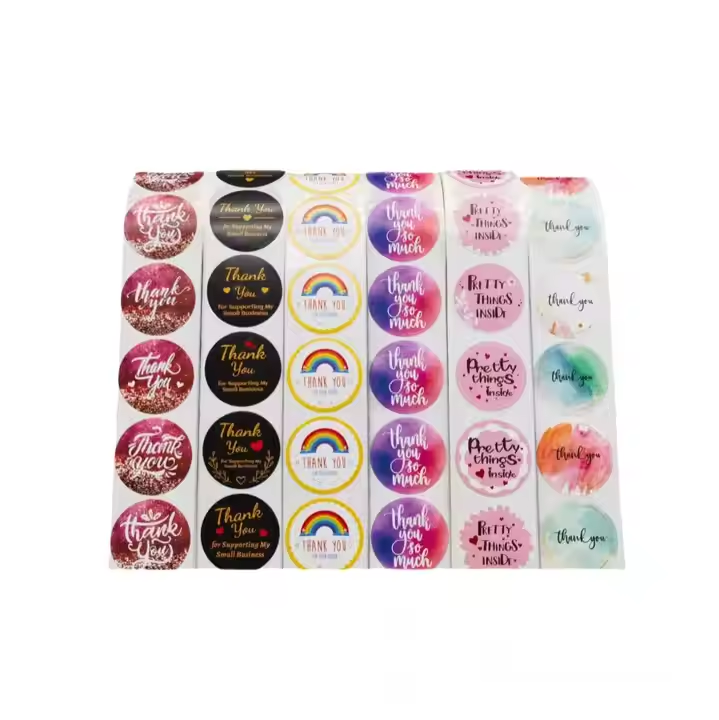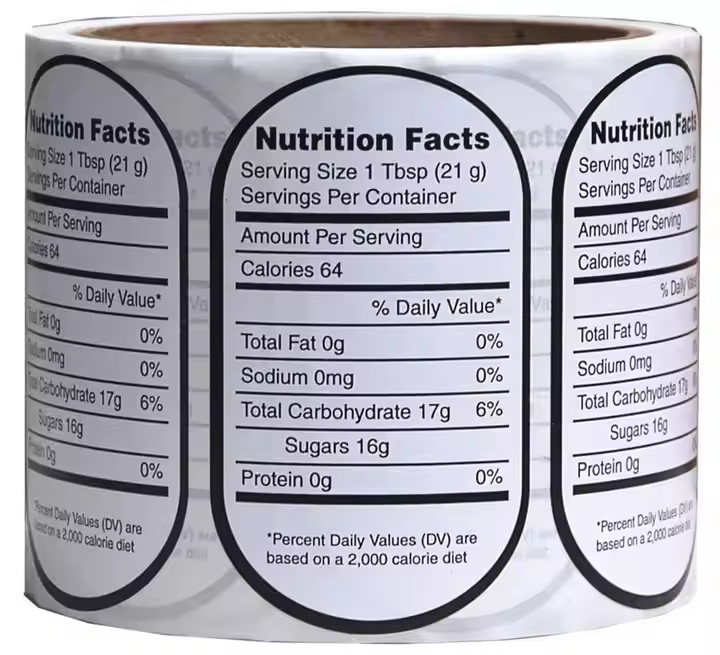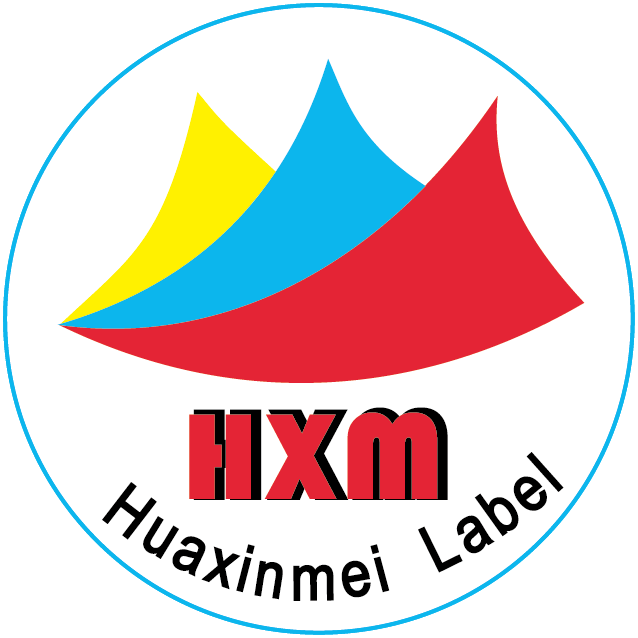Brand Building and Differentiation
Enhancing brand image is crucial for wholesalers who can highlight their brand logo, brand philosophy, and unique brand style through custom labels. Building a brand is important because any company producing products aims to establish its brand to achieve greater market premium. For example, the Nike brand can command higher prices due to its strong brand recognition; consumers are willing to pay more because they know Nike is a well-known sports brand. The prestige of a brand justifies its higher price, as consumers associate high prices with quality.
Custom labels help establish brand recognition in the market, making it easier for consumers to identify and remember the wholesaler’s brand. For instance, a wholesaler dealing in organic foods could use a green-themed design for custom labels that emphasize keywords like “organic,” “healthy,” and “sustainable.” Over time, consumers will associate these label features with the wholesaler’s brand, enhancing its image in their minds.

Product Differentiation
In a competitive market, custom labels enable wholesalers to differentiate their products from those of their competitors. Even for identical products, unique label designs can attract consumer attention. For example, in the electronics wholesale sector, a wholesaler could customize labels with a sleek, tech-inspired look to contrast with ordinary packaging, thereby increasing product appeal and competitiveness.
Designing labels with a focus on external differentiation is vital for distinguishing products from similar ones. From the early design stages, it’s essential to create distinctive, recognizable products that set them apart from competitors. Differentiation helps ensure consumers remember the brand’s products. During the collaboration with clients, it’s important to foster customer loyalty and build trust. Custom labels can convey more information about product quality, origin, and after-sales service. When consumers see a wholesaler clearly stating quality inspection standards, origin, shelf life, and attentive after-sales service on the label, their trust in both the product and the wholesaler increases. Over time, this trust can transform into customer loyalty. For instance, if a wholesaler states “100% Authentic Guarantee” and has a clear return policy on the custom label, consumers who have a good experience are more likely to repurchase from that wholesaler. Building trust with customers will lead to smoother transactions, making them recall the company whenever they need to produce labels, thus fostering ongoing collaboration.

In the early stages of client cooperation, it is crucial to meet their customization needs. Companies should do their utmost to assist clients in fulfilling their requirements. Some clients may have specific demands, such as particular packaging sizes, language requirements, or product combinations. Wholesalers can better meet these personalized needs through custom labels. For example, for international clients, wholesalers can provide multilingual custom labels to cater to consumers from different countries and regions, helping to improve customer satisfaction and, consequently, cultivate long-term loyalty.
Companies should also focus on inventory management, as effective inventory management and operational efficiency are advantageous for wholesalers. Custom labels can include detailed product information, such as batch numbers and production dates. Wholesalers can leverage this information to enhance inventory management. By scanning and tracking label information, they can accurately monitor product inflow and outflow, promptly identifying inventory backlogs or shortages. For instance, in the clothing wholesale sector, wholesalers can manage inventory replenishment and promotional activities based on information such as seasonal styles and sizes indicated on the labels, thus improving inventory turnover rates.
Wholesalers can also enhance operational efficiency, leading to advantages in label production at factories. Unified custom labels help improve efficiency in receiving, shipping, and warehouse management. Employees can quickly identify key product information, such as category and specifications, through the labels, minimizing errors and confusion. For example, in a hardware wholesale warehouse, custom labels that clearly state the type, model, and application scenarios of tools enable employees to sort and ship products more efficiently, saving time and labor costs.

Market Expansion and Data Analysis
Markets should segment products according to different fields and adapt to various market segments; wholesalers can customize labels based on these segments. For instance, for high-end markets, more refined and upscale labels can be designed, while for price-sensitive markets, simple and clear labels emphasizing cost-effectiveness can be produced. This flexibility aids wholesalers in exploring new market sectors. For example, a home goods wholesaler can customize labels with hotel brand collaboration logos and bulk purchase discounts for the hospitality market, while creating more appealing single product labels for the retail market to expand their market share.

Before producing labels, it’s important to analyze data on corresponding or similar products to identify which packaging is more popular; custom labels can serve as a data collection vehicle. Wholesalers can incorporate elements such as QR codes and traceability codes into the labels, collecting data on sales channels, geographic sales areas, and consumer preferences through consumer scans. This ensures consumers know the product’s origin, ingredients, and whether it is genuine or counterfeit, providing peace of mind during their purchase. Clear labels help customers understand the product, leading to positive impressions and repeat purchase behavior.
This data holds significant long-term value for wholesalers in market analysis, product optimization, and adjustments to marketing strategies. For example, by analyzing QR code scan data from custom labels, wholesalers can determine which regions show greater interest in specific products, allowing them to adjust product distribution and marketing focus accordingly.



